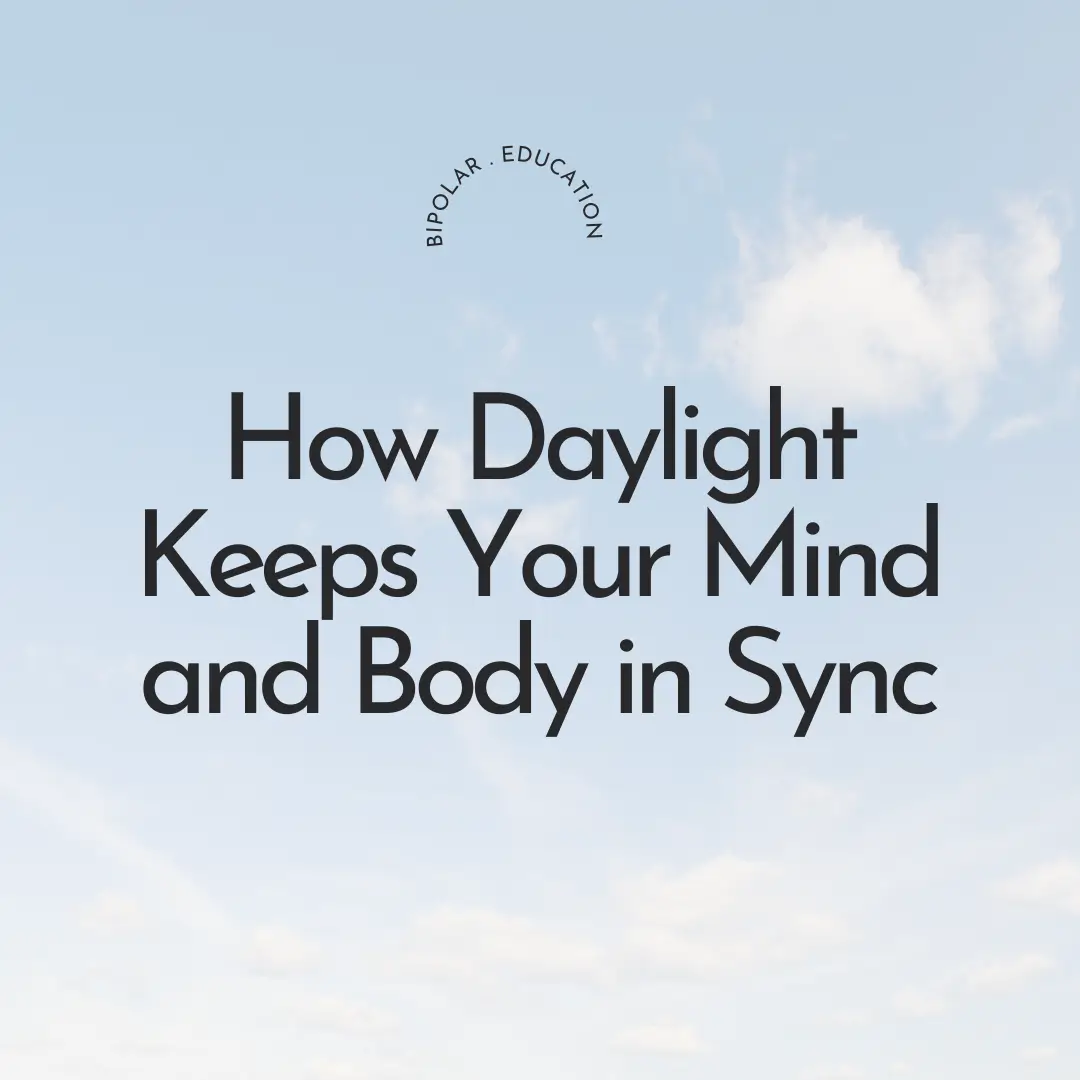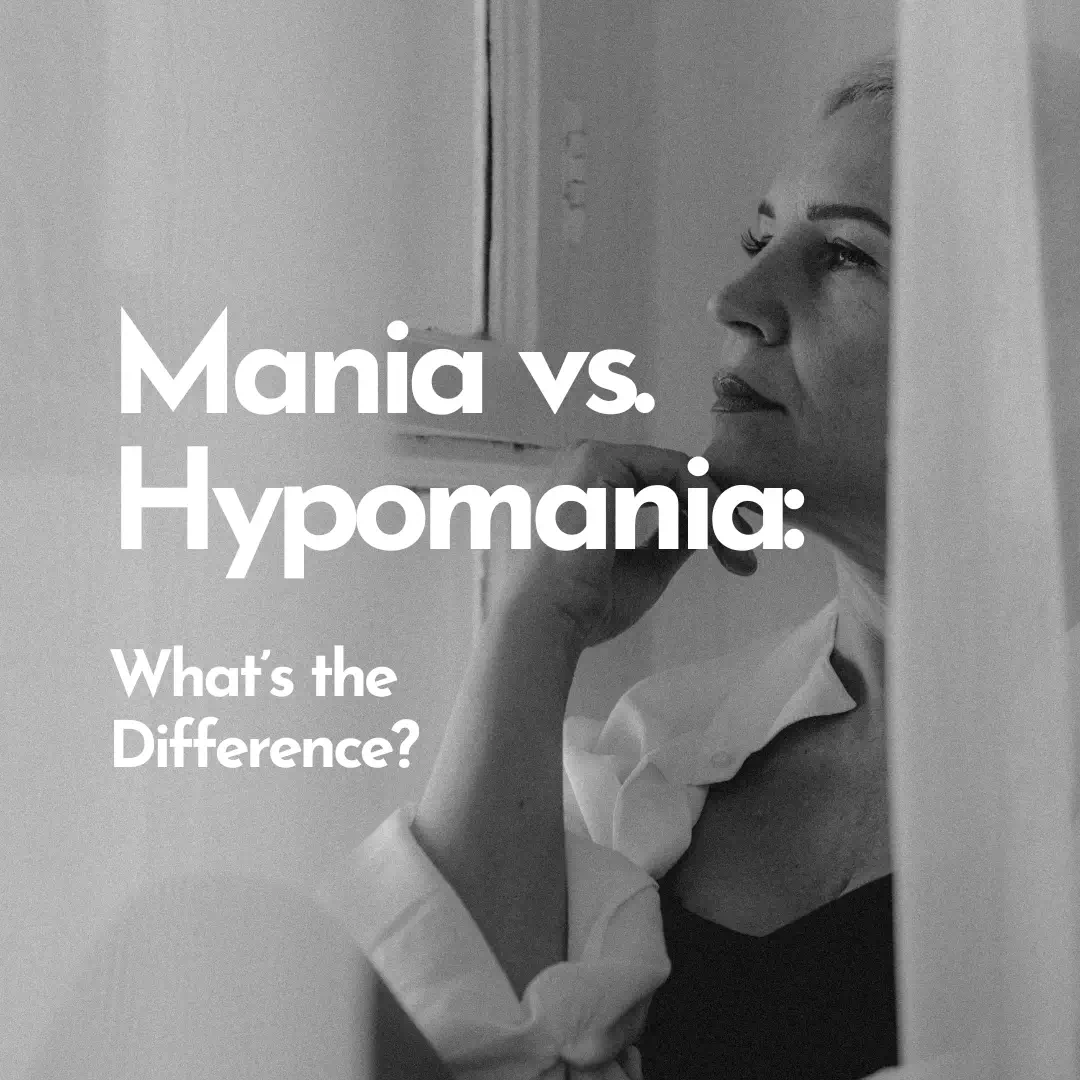In my sessions, patients often ask, “How do I know if my meds are doing what they’re supposed to?” or “When is it time to switch things up?” It’s like having a pair of jeans—sometimes they fit just right, and other times, they don’t quite work anymore. Finding the perfect medication fit is a journey, but when you get it right, it’s life-changing.
Let’s talk about how to know if your meds are hitting the mark, when to consider a change, and how to keep things on track for your best outcome.
How to Know If Your Meds Are Crushing It
Medications are meant to help you feel stable, not superhuman (sorry, no magic pills here). Here’s how you’ll know they’re working:
- Mood Mojo: Your highs and lows are less intense, and you feel more balanced.
- Daily Wins: You can focus, work, and maintain relationships without mood swings stealing the show.
- Sleep Sweet Spot: Your sleep is consistent, and you wake up feeling refreshed.
- Feeling YOU Again: You’re back to being yourself, not a zombie or a rollercoaster of emotions.
- Remember, this isn’t an overnight transformation—it’s about spotting improvements over weeks or months.
When to Swipe Left on Your Meds
- Sometimes, the fit isn’t quite right, and that’s okay. Here are signs it might be time to switch things up:
- Mood Drama Continues: You’re still riding the highs and lows like it’s an emotional theme park.
- Side Effects from Hell: If nausea, drowsiness, or other side effects are running your life, it’s worth a conversation.
- Flatlining Feels: You shouldn’t feel numb—stability doesn’t mean losing all your emotions.
- New Health Hiccups: Anything odd cropping up? Chat with your prescriber.
Track Your Med Goals Like a Boss
Think of tracking as your medication scoreboard. Here’s what to jot down:
- Mood Check: Use a mood chart to track those highs, lows, and calm days.
- Side Effect Spy: Keep a log of what you feel, how often, and how bad it is.
- Sleep Story: Are you getting the right amount of zzz’s?
- Energy Meter: Feeling like a sloth or a squirrel? Make a note.
- Life Happens: Big changes, stressors, or events? Write them down.
Using apps like iMoodJournal, Bipolar UK, or eMoods makes this easier. These tools let you track your mood, lifestyle strategies, and medications digitally. Keeping notes on when meds started, stopped, or changed dosages provides a clear record of their efficacy. Having this information on your phone empowers you to stay informed—even if your psychiatrist or GP doesn’t have all the details.
Bring these notes to your prescriber. You’ll look like a pro, and they’ll have the info they need to tweak your plan.
Dealing with Side Effects Like a Champion
Side effects can be annoying, but they’re not always dealbreakers. Here’s what to do:
- Talk It Out: Let your prescriber know—they might adjust your dose or timing.
- Life Hacks: Stay hydrated, eat balanced meals, and don’t underestimate the power of a good walk.
- Be Patient: Some side effects ease as your body adjusts. Hang in there!
- Teamwork Makes the Meds Work
Medication is a team sport. You and your prescriber need to collaborate, check in, and fine-tune things as needed. Trust your gut—you know your body best, so speak up about what’s working and what’s not.
One golden rule: never stop your meds on your own. Even if you’re feeling better or struggling with side effects, stopping abruptly can throw your brain into chaos and trigger a relapse. Always talk to your prescriber before making any changes. They can help you create a safe plan to adjust your dose or transition to a new medication gradually. Titrating on or off medication the right way ensures your body and brain have time to adapt, reducing the risk of withdrawal symptoms or mood instability.
Big Goals, Bigger Wins
The ultimate goal? Living your best, most balanced life. By tracking your progress, managing side effects, and being an active player in your treatment plan, you’ll find that perfect med match.
Want more tips and tricks to rock your bipolar treatment? Check out my on-demand e-learning course page here for all the tools you need to stay on top of your game—or join the My Bipolar Therapy community here for support, connection, and resources tailored just for you. 🌟




